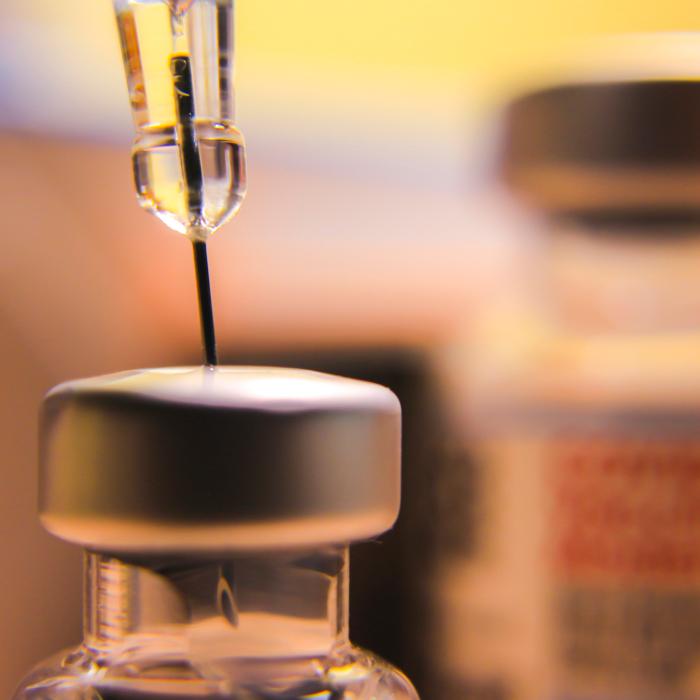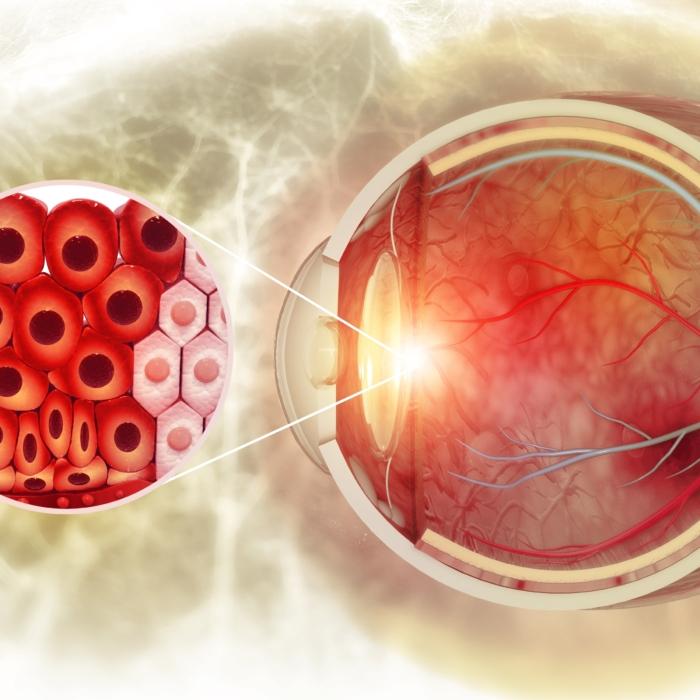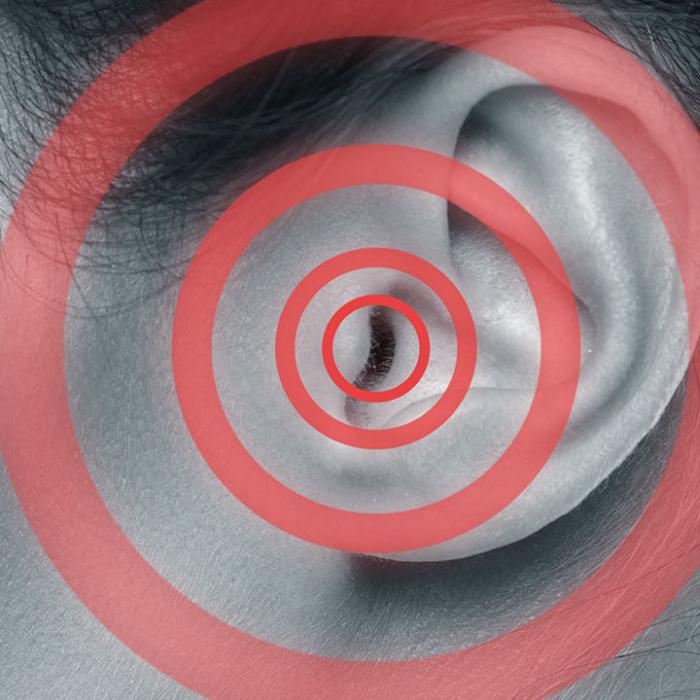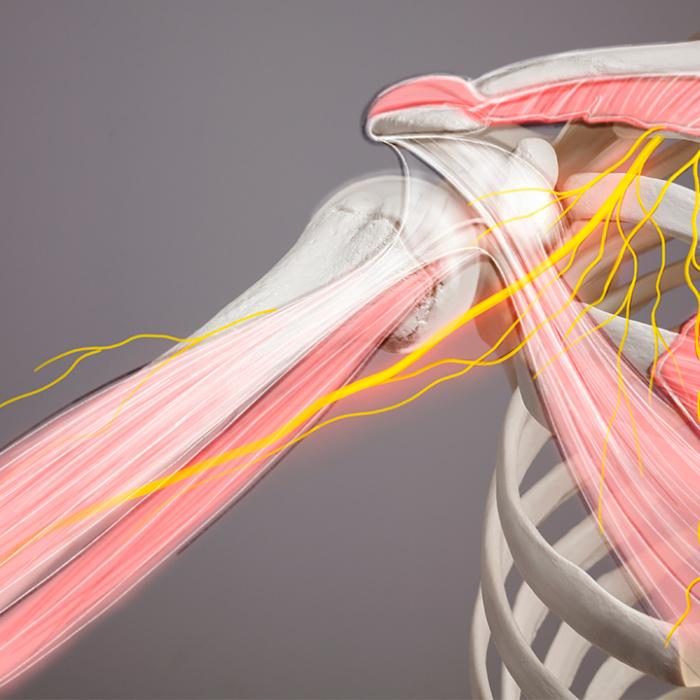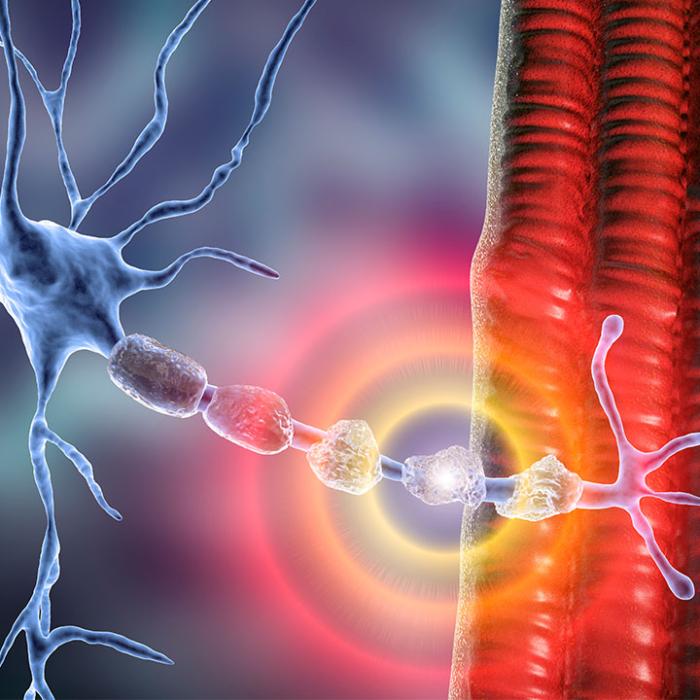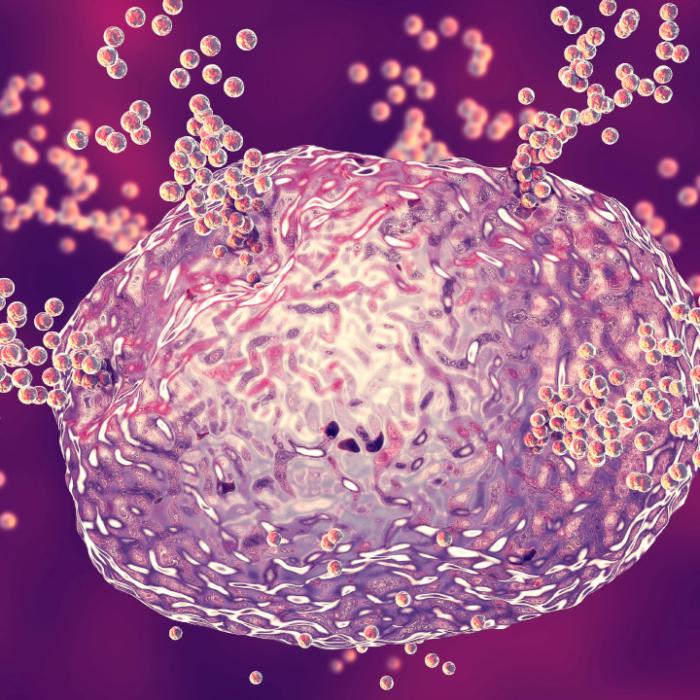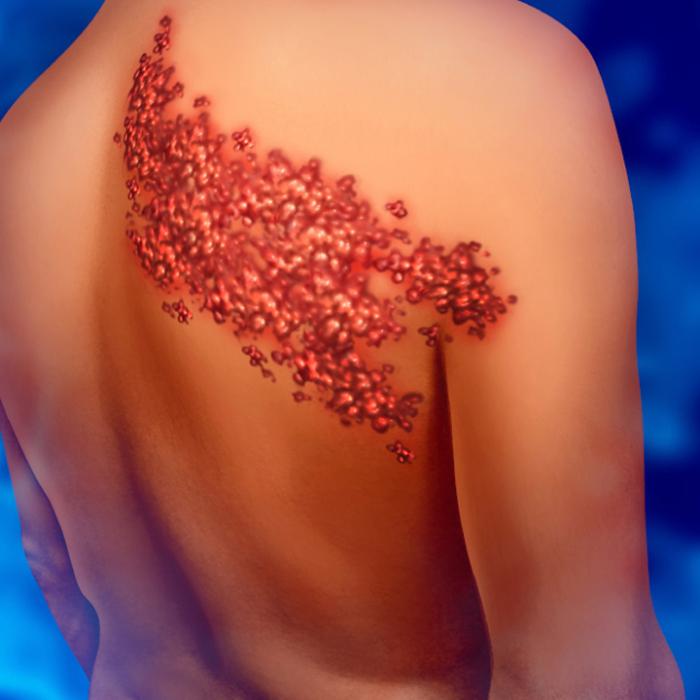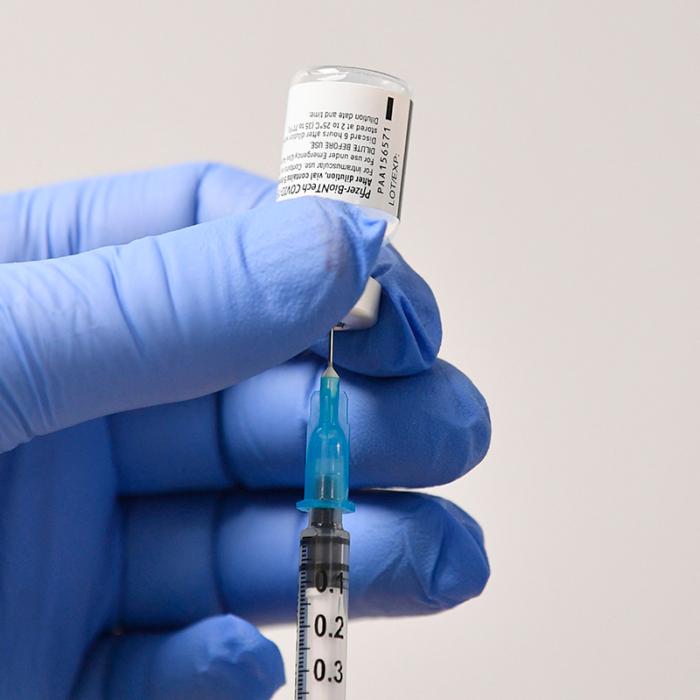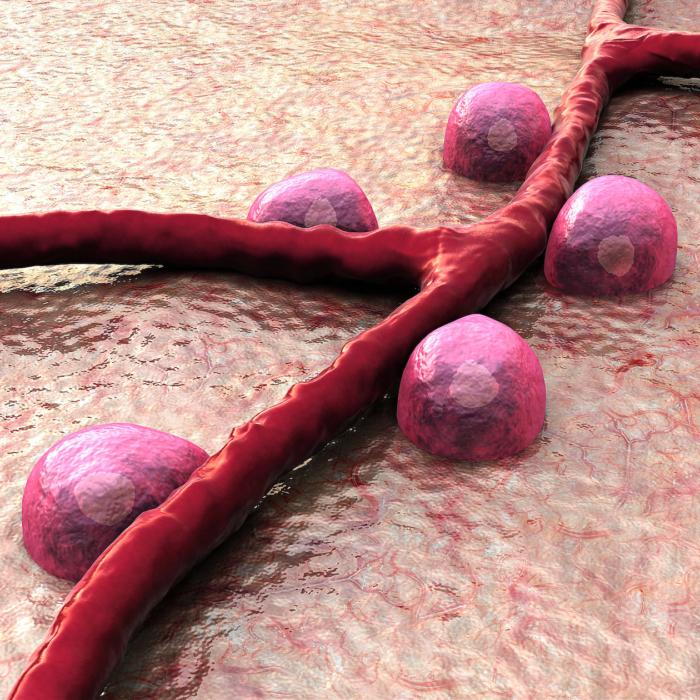Due to mandated vaccinations in his workplace, Mitchell McConachy, age 25, reluctantly took the jab in 2021. Since then, he has been worrying about adverse events.
In 2022, McConachy learned about COVID-19 vaccine adverse events from doctors online and realized his bouts of chest pain and throbbing in his head and wrists might have been attributed to the mRNA shots. He became increasingly concerned that these symptoms might precipitate something more dire.



